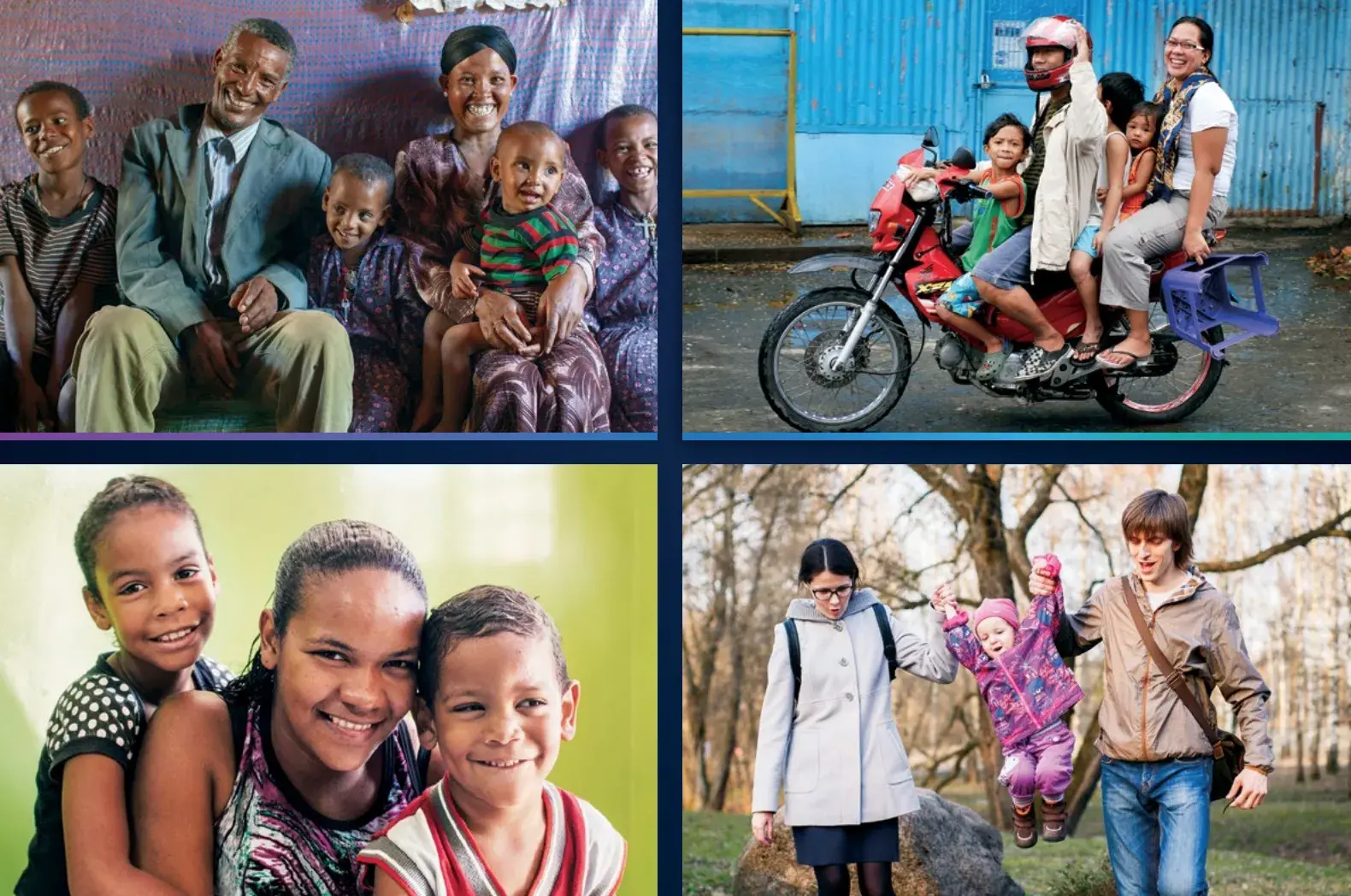UNITED NATIONS, New York – Fifty years ago, on 13 May, the world declared family planning to be a basic human right.
Throughout all of human history, efforts to plan, avoid or delay pregnancy had been a private struggle endured by women and girls. But at the 1968 International Conference on Human Rights, family planning became a human rights obligation of every country, government and policymaker.
The conference’s outcome document, known as the Teheran Proclamation, stated unequivocally: “Parents have a basic human right to determine freely and responsibly the number and spacing of their children.”
Embedded in this legislative language was a game-changing realization: Women and girls have the right to avoid the exhaustion, depletion and danger of too many pregnancies, too close together. Men and women have the right to choose when and how often to embrace parenthood – if at all. Every individual has the human right to determine the direction and scope of his or her future in this fundamental way.
Yet 50 years later, this right is under attack.
In many places, there are efforts to limit education about family planning, to restrict the variety and availability of contraceptive methods, and to prevent women and youth from accessing contraceptives at all. In other places, this right is simply unrealized through lack of access to family planning information and services.
Misinformation about family planning is rampant – and deadly. In Lebanon, Fatima, a Syrian refugee, reported that her husband forbade contraception, believing it causes infertility. As a result, she said, “I had back-to-back pregnancies. This caused me to have iron and calcium deficiency and made my body very weak.”
In fact, expanding access to family planning would save tens of thousands of lives every year by preventing unintended pregnancies, reducing the number of abortions, and lowering the incidence of death and disability related to complications of pregnancy and childbirth.
UNFPA supports family planning by ensuring a steady, reliable supply of quality contraceptives; strengthening national health systems; and advocating for policies supportive of the right to voluntary family planning.
Fatima was able to learn about her reproductive health – and safe, effective family planning – at a UNFPA-supported clinic. The information has been life-changing. “If it was up to me, I would go to the clinic every day to learn,” she said.




